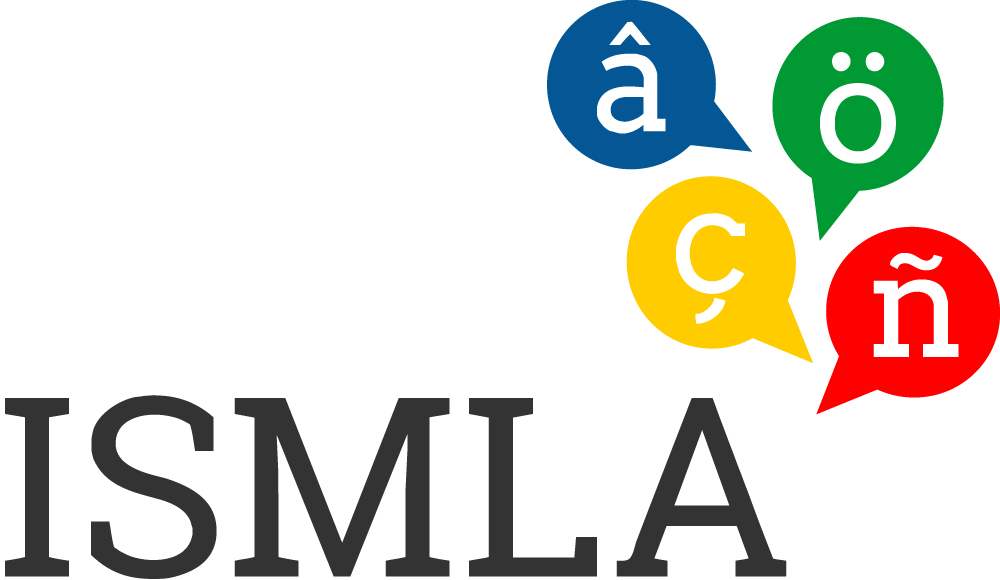Oxford German Olympiad 2021: 
DIE ALPEN
This competition is now closed.
CLICK HERE TO VIEW THE WINNING ENTRIES.
Closing date for all entries was Thursday 11 March 2021, at 12 noon.
Download the full competition details and guidelines here.
Please note:
- Each participant must submit an entry form and a teacher form*.
- Each participant may only enter for one task within their age group as an INDIVIDUAL entrant.
- We require a consent form for under-13 participants. Click here to download the form.
* We appreciate that in the current situation participants might not be able to provide a signed teacher form. Should this be the case, please ask your teacher to contact us by e-mail at olympiad@mod-langs.ox.ac.uk.
Inspiration
Click here for some of our thoughts and ideas about DIE ALPEN.
The Competition Tasks
Choose one of the tasks appropriate for your age group.
Years 5 and 6 (age 9-11):
- You are packing your suitcase for a hiking trip in the Alps. Draw the 12 most important items to take on your trip and label them.
- Find an animal, a flower and a tree that live in the Alps and draw or paint them. Give each one 4 labels.
- Design your own “Schlitten” and draw yourself racing down the mountains to the valley. Include 10-12 labels in your picture.
Years 7 to 9 (age 11-14):
- The “Raurakel“ (Austria), “Dahu” (Switzerland) or “Wolpertinger“ (Germany) are mythical creatures that, according to legend, live in the alpine regions. There are many different descriptions of these creatures. They are generally the size of a small mammal and have a body comprising various animal parts — for example wings, antlers, a tail, or fangs. They are often depicted as having legs of different lengths, which makes it easier for them to move on slopes. Draw or paint your own version of one of those mythical creatures in its alpine habitat and write a short text describing its main features.
- Research what equipment alpine communities have developed over the centuries to get about in the snow. Draw three of them and write a short account of each.
- “Heidi” is a famous children’s story by the Swiss author Johanna Spyri, published in 1881. Draw a picture from her story and describe what is happening.
Years 10 and 11 (age 14-16):
- From Hannibal crossing the Alps in 218 BC to the Gotthard Base Tunnel which opened in 2016, the Alps have always presented a challenge to travellers. Write a (fictional) account of someone making the crossing in the form of a diary entry, blogpost or magazine article.
- Tell the story of a mountain rescue involving a dog, using one or more real stories as inspiration.
- “Schweizerdeutsch“ (Swiss German) or “Schwiizerdütsch” is spoken in some alpine regions of Switzerland and the North of Italy. Find a short audio or video example and try and repeat it. Record yourself on video with a brief introduction and submit the recording together with a link to the original example.
Years 12 and 13 (age 16-18):
- “Alpentourismus vs. Naturschutz“ – Plan a conference for 16-18 year olds including the advertisement and programme with keynote lectures and topics for roundtable discussion.
- Create an informative leaflet about “Gletscherschmelze”.
- Write an essay or video yourself giving a lecture on the following topic: „Was wissen wir über Ötzi?”
Open Competition for Groups or Classes (4+ participants):
- Create a website for tourists about a fictional village in the Austrian or German Alps.
- Find out about “Almauftrieb” and “Almabtrieb”. Write and illustrate a children’s book about two dairy cows that spend their summer in the mountains.
- Create an online exhibition about what life in the Alps was like for people in the past.
Discover German - Taster Competition (1-3 participants with no prior experience of studying German):
- Years 5 and 6: Find out what the following German words mean and draw a picture including all these items, each with a label:
der Berg, die Sonne, die Wolke, der Vogel, der Baum, die Blume, das Haus, der Hund, die Kuh, das Murmeltier - Years 7 to 9: Draw or paint a picture of a village in the Alps and label 10 things in it.
- Years 10 and 11: Find 10 animals that live in the Alps and film yourself saying their English and German names.
- Years 12 and 13: Research words formed with (a) Alpen and (b) wandern, and present them in two lists with a translation for each word (the translation may consist of more than one word). Then create two spider diagrams (omitting the translations), considering how best to represent the relationships between the words within each of the diagram.

Photos by Jakob Fey
The Oxford German Network is grateful for the support of the following:
Founding Partners:
Jesus College, Oxford
Bodleian Libraries, University of Oxford
Magdalen College School, Oxford
BMW Group Plant Oxford
Patrons:
Ferreras Willetts Family
Donor of the German Classic Prize: Jonathan Gaisman QC
The Oxford German Network gratefully acknowledges
the generous support of ALL and ISMLA to the Oxford German Olympiad
Additional prizes have been generously donated by the following:
Austrian Cultural Forum London
Blackwell UK Ltd.
Camden House (Boydell & Brewer)
Embassy of Switzerland in the United Kingdom
German Embassy London
Goethe Institut, London
Oxford University Press
Penguin Books
Schweizer Alpen-Club SAC
The Oxford German Network would like to thank the Bodleian Libraries for permission to use the Blackwell Hall in the Weston Library.









